sydneyskybetter [2:03 PM]
It’s a hell of a heterogeneous group you’re gathering up there.
Makes me think you can cover the spread.
Michael Wheeler [2:04 PM]
I.e. Get the basics on performance and digital?
sydneyskybetter [2:04 PM]
I don’t know what “basics” looks like anymore, outside of the context of trade associations that exist to define such things
Michael Wheeler [2:05 PM]
That’s a good point, what is basic?
sydneyskybetter [2:05 PM]
I mean, who knows?
At, like, a Dance/USA conference, I could tell you what their basic and/or founding principles are. But for the transnational nerd gaggle you’re assembling?
Michael Wheeler [2:07 PM]
I think we’re hoping to establish at least the strengths and weaknesses of what digital tech is doing to live performance.
We have also been talking about capitalism—or, more specifically, surveillance capitalism.
sydneyskybetter [2:08 PM]
<falls off chair>
I mean, “surveillance capitalism” really are the words right now.
It sounds like you’re thinking about how to cohere theatre aesthetics for late capitalism.
Michael Wheeler [2:08 PM]
Yep?
The ethos we have tried to foster with foldA is to not deify the digital shift but to interrogate it.
How did you become a *digital artist*?
sydneyskybetter [2:10 PM]
<falls of second chair placed just below earlier chair>
Am I a digital artist? I dunno. But my job is nearly 100 percent digitally preoccupied, so maybe that’s the same thing?
Michael Wheeler [2:13 PM]
It’s a broad term but some of us have decided to let it into our work.
sydneyskybetter [2:13 PM]
It might be a corollary to what you’re talking about in terms of the digital turn in theatre.
Michael Wheeler [2:14 PM]
Hmmm, in what sense?
sydneyskybetter [2:14 PM]
As an artist, I didn’t ask for, all of a sudden, my choreographic practice to be about computer science and media. Over the last decade, it became apparent that, despite my lack of training in such matters, I needed to understand choreography more capaciously, as an art form that could contend with emerging, mixed reality technologies. Dance has long been (if you can forgive the wordplay) flexible in its incorporation of performative technologies as they happen.
Michael Wheeler [2:15 PM]
Right.
sydneyskybetter [2:15 PM]
What you’re describing in terms of media and the theatre? Sounds a lot like a bunch of producers and artists who find themselves in a digital deluge, trying to figure out how to make and manufacture meaning.
Gen Z doesn’t exactly struggle with this.
Gen X does.
What would it take for a theatre—digitally enabled or otherwise—to live up to or exceed the individuated affective needs of its audience?
Michael Wheeler [2:15 PM]
I became a “digital artist” by accident I think. When I finished theatre school my theatre company could start a blog for free, and we had no money so we did that first in Toronto, and then people thought I knew how to do stuff. They were wrong initially, but I learned.
sydneyskybetter [2:19 PM]
What was the initial thing there? Because there was a ton of optimism (maybe hope?) in early bloggerly culture.
Curious if you’ve held onto that, or if it’s transmogrified, or ?
Michael Wheeler [2:19 PM]
It WAS optimistic. Pre Facebook and Twitter, the comment sections were almost utopian upon reflection.
sydneyskybetter [2:19 PM]
The assumption was that people did the reading.
Michael Wheeler [2:20 PM]
We were definitely not in the same algorithmic bubbles.
sydneyskybetter [2:25 PM]
Bonkers.
I sometimes wonder if the generational shift in artmaking isn’t so much about age as who remembers hopefulness, or who has access to certain combinations of history and feeling. Like, 9/11 was a big #&@%$ moment for my career as an artist, but obviously that’s not necessarily the case for my students who weren’t around then. Different things are meaningful to folks who live through different historical moments. It’s always been like that.
Michael Wheeler [2:25 PM]
Do you think people younger than us have less hope, probably because of climate change?
sydneyskybetter [2:26 PM]
I think so.
Climate change, a reasonable expectation of privacy, optimism about structural/anti-racist work within government, “HOPE” in the Obama sense.
Michael Wheeler [2:27 PM]
If I were eighteen years old I wouldn’t listen to anyone in my generation.
Clearly we have not done well.
sydneyskybetter [2:28 PM]
That’s the f’ing truth.
Which maybe comes back to this question of what the f-bomb does theatre do given changes not only in audience attention and platform agnosticism, but in a potentially fundamental generational divide that isn’t about aging into or out of a theatregoing population? At least in the States, there’s a moment where public education in the arts just evaporates, and students who come thereafter have a tectonically different relationship to going out to a show than the folks who came before.
Michael Wheeler [2:29 PM]
That’s a good point.
sydneyskybetter [2:29 PM]
Going to the ballet versus Netflix was only the beginning of our concerns.
Michael Wheeler [2:29 PM]
Certainly that generational divide existed for pre-digital reasons.
But now given the lack of hope…
sydneyskybetter [2:30 PM]
Certainly doesn’t help.
Michael Wheeler [2:30 PM]
It may be exacerbated by further questions of relevancy.
sydneyskybetter [2:30 PM]
<falls off a somehow third chair>

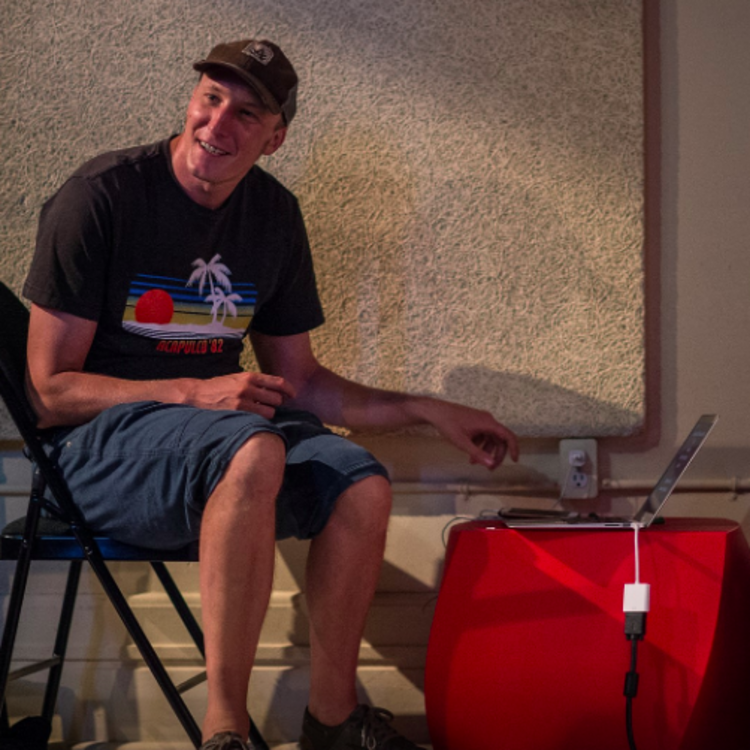
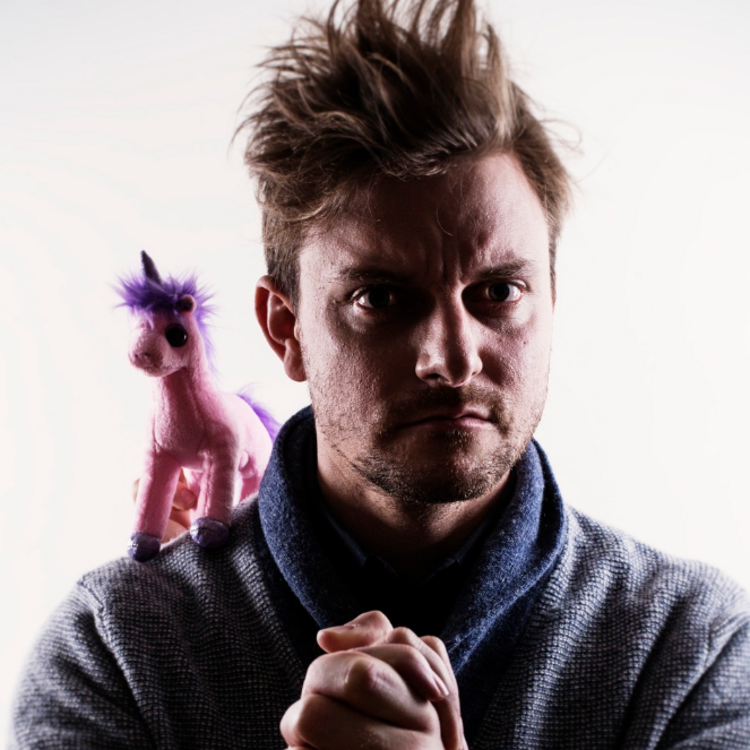
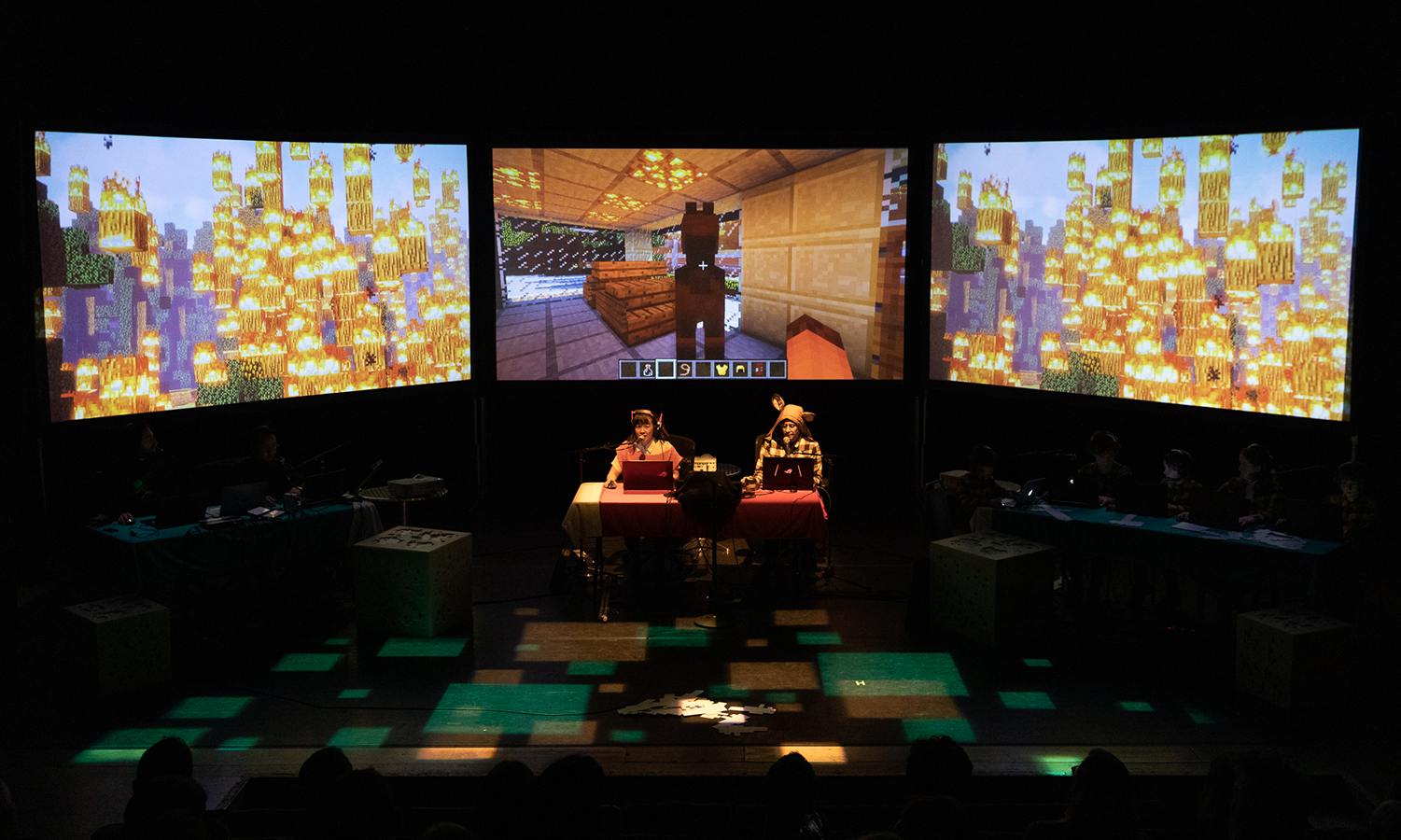


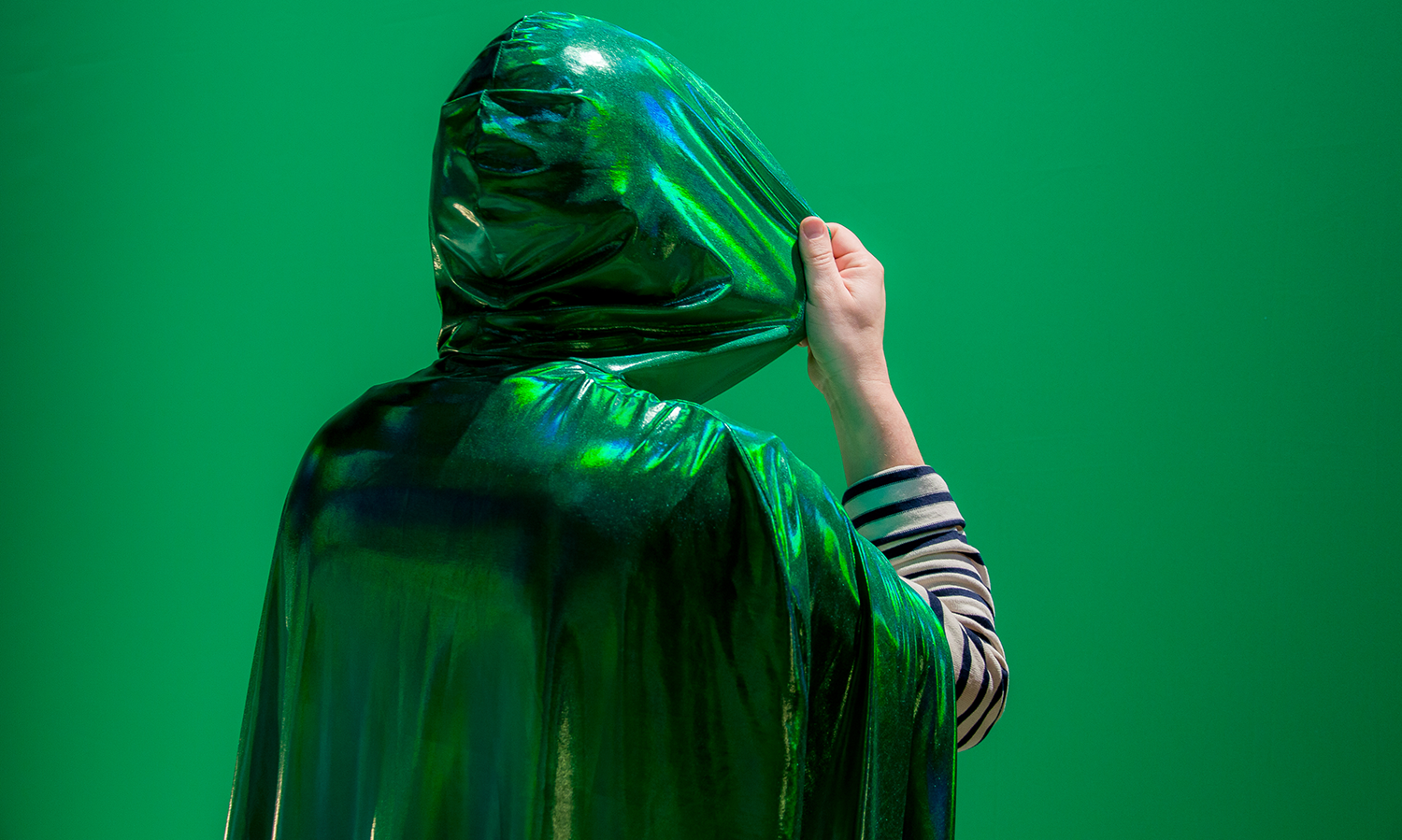
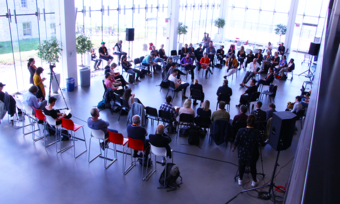

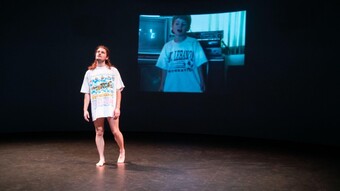



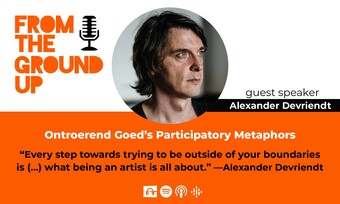


Comments
The article is just the start of the conversation—we want to know what you think about this subject, too! HowlRound is a space for knowledge-sharing, and we welcome spirited, thoughtful, and on-topic dialogue. Find our full comments policy here